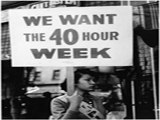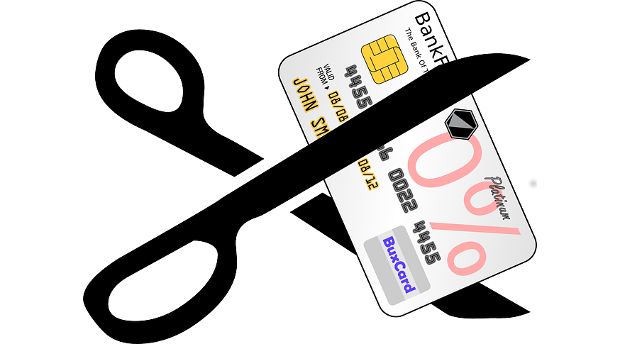Let’s Return To The 40 Hour Week – Beyond That Your Brain Clock’s Out
Post Views 37
However, in today’s hard economic times, when employment is employer-driven most people work for 10 to 15 hours beyond the norm, for reasons that vary from, pleasing the boss and that working extra-hours is a sign of the workers loyalty and commitment.
Management Gurus, however, argue that, contrary to popular opinion, for every hour that you work beyond 40, in reality makes you “less effective and productive.”
The question that most business leaders are asking is, how did we lose the 40 hour week, knowing full well that it was detrimental to both the employer and the employee. Which brings us to the second question, how do we bring it back?
Unions, much to the chagrin of the owners had pushed for a 40 hour week. But to their pleasant surprise both the owners and the workers they found that their businesses had become productive and profitable, not to speak of the happiness of the employees.
Reports revealed, that legal and financial risks increased, when employers tried to go beyond the 40 hour week. Workplace accidents, injuries, equipment failure, lawsuits were all likely to occur when workers were working beyond 40 hours, that left them tired and listless.
Research by the US military has shown that losing an hour of sleep per night will cause a level of cognitive degradation equivalent to a .10 blood alcohol level. Evan Robinson, a software engineer writes, “If they came to work that drunk, we’d fire them — we’d rightly see them as a manifest risk to our enterprise, our data, our capital equipment, us and themselves. But we don’t think twice about making an equivalent level of sleep deprivation a condition of continued employment.”
The message is clear, for employers, adding more hours to the workday does not correlate with higher profits or productivity, it actually lessens it and for the employee, no paycheck can compensate for the private time that you lose for every extra hour that you put into your work place. You can stay longer if your boss asks; but, as the report so deftly puts, “after six hours, all he’s really got left is a butt in a chair. Your brain has already clocked out and gone home.”
Let’s Return To The 40 Hour Week – Beyond That Your Brain Clock’s Out by Harrison Barnes


 Top Trends in Human Resources
Top Trends in Human Resources  Want to Be a Great Leader? Learn to Listen
Want to Be a Great Leader? Learn to Listen  Top 5 Areas You Should Cut Costs in Your Business in 2016
Top 5 Areas You Should Cut Costs in Your Business in 2016